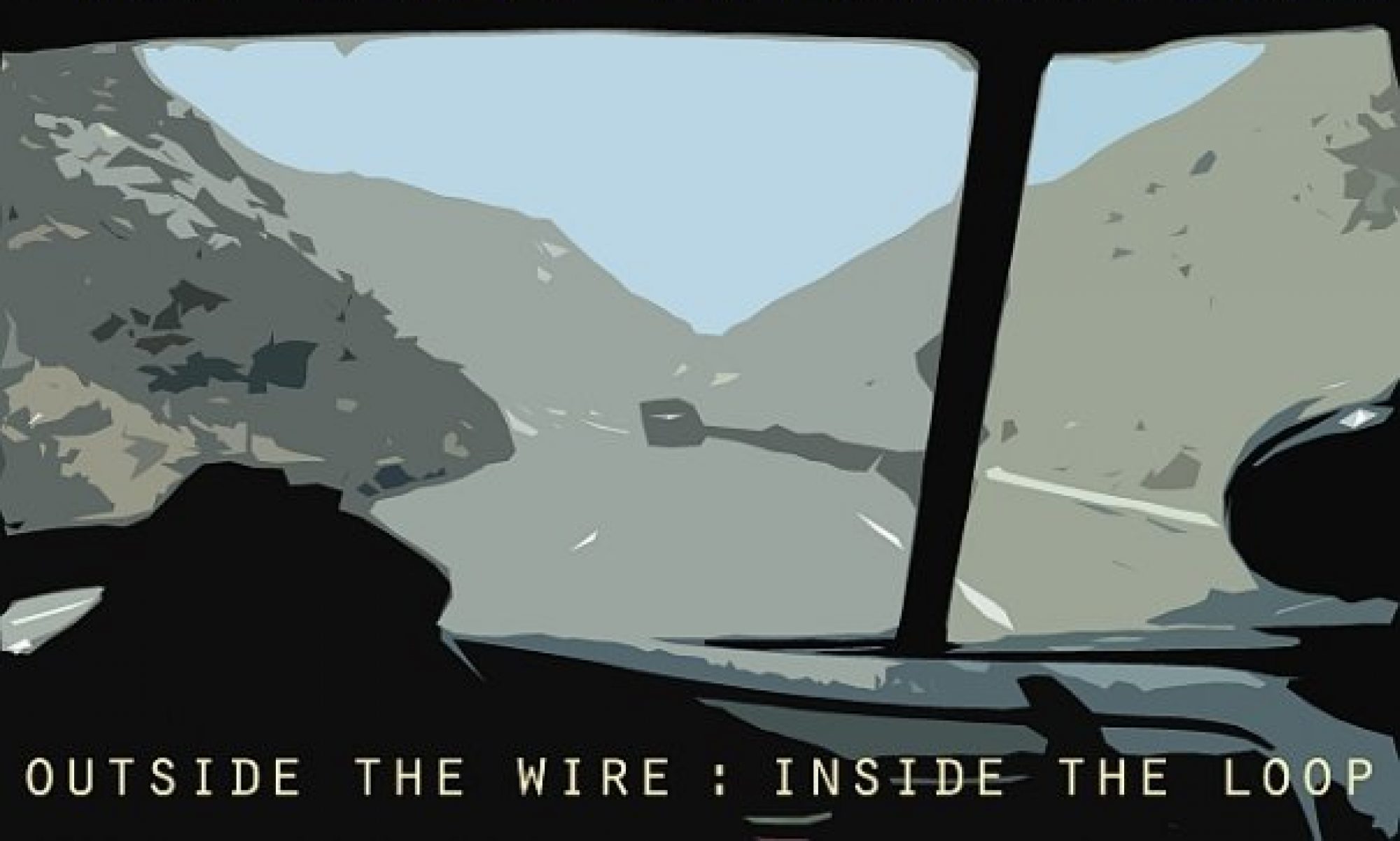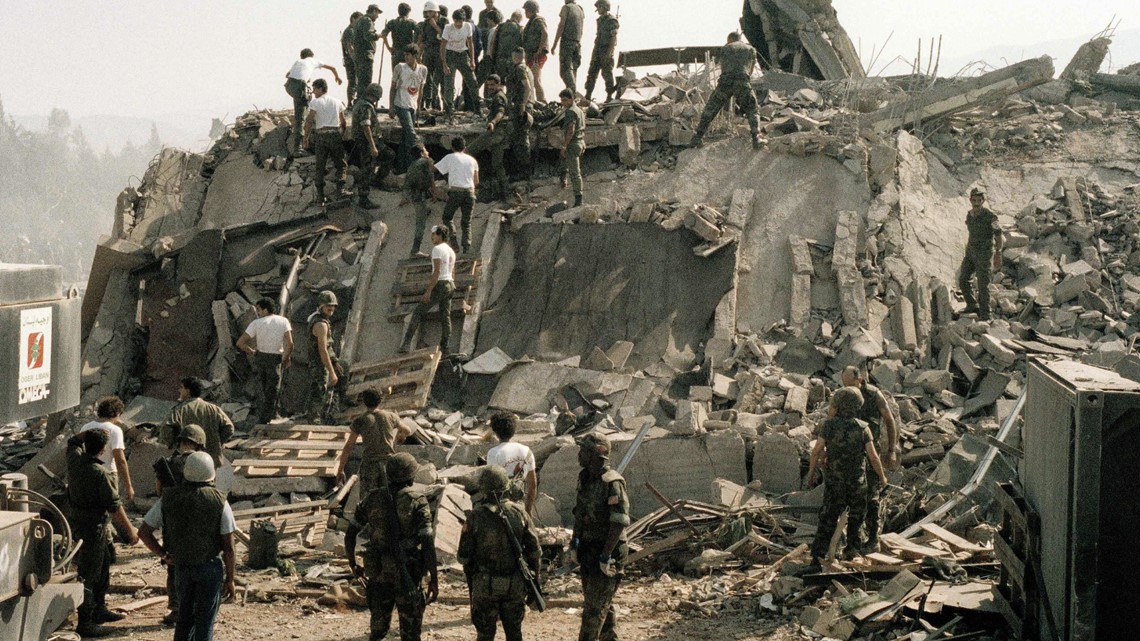I wrote my last post about Beirut the day before Jack Carr released his book on Targeted: Beirut. I had pre-ordered the book, so I immediately read it for his opinion on the debacle. My assessment that: “Nobody in that operation knew what we were supposed to do on the ground in Beirut” was spot on. My assessment may have been a bit wordy and awkward, but I’m no Jack Carr.
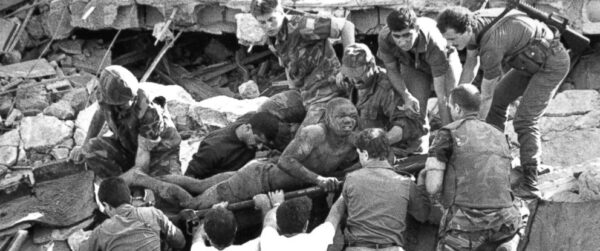
Targeted: Beirut was excellent reading, and it transported me back to the moment I first heard about the barracks bombing. I was driving into the Newport Naval Hospital, where I would be standing duty in the medical laboratory for the next 24 hours. It was a beautiful fall morning, and as passed Easton’s Beach I heard the news on NPR. I don’t remember much else about the day other than I was upset and angry at the attack on our Marines.
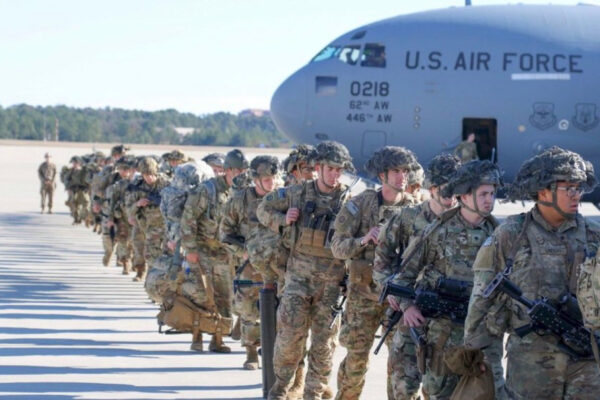
I was the Leading Petty Officer of the hospital’s Mobile Medical Augmentation Readiness Team (MMART), a collateral duty that allowed me to wear Marine Corps camouflage utilities once a month, which I thought was cool. We were mobilized after Grenada to augment Mobile Surgical Team 11 from Norfolk after they were overwhelmed by casualties from the Ranger contingent of that invasion. My other distinct memory of that time was the Personnelmen processing us before we deployed (who were women; the Personnelmen rating was changed to Personnel Specialist in 2005) were in tears. They thought we were heading into harm’s way, which wasn’t the case, as we would spend the deployment on the USS Guam LPH 9.
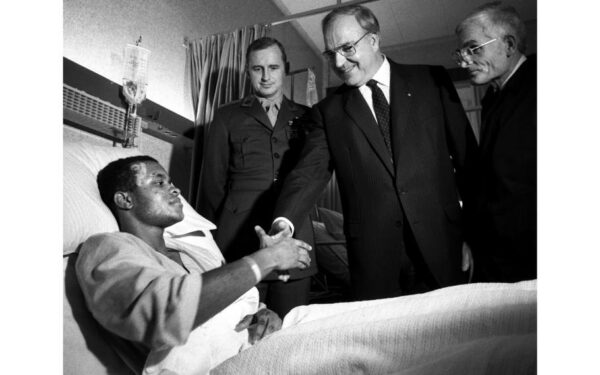
Our contribution to the Beirut story was a minor part of Targeted: Beirut, which focused on the Marine Amphibious Unit that was attacked on October 23, 1983. Carr weaves the book around the stories of several Marines and sailors as they endure their deployment ashore. Some of those men made it home, the others did not, and you don’t know who the lucky ones were as his face paced narrative unfolds. It is a masterful display of storytelling that will interest anyone curious about how the war on terror started.
Having been a participant, I knew most of the story but was unprepared for the one thing that immediately caught my attention. The difference in how the military and our government handled combat deployments in the 80s. There was severe tension between the State Department and the Pentagon; putting the Marines ashore in Beirut, where they were sitting ducks, was unpopular. The Secretary of Defense and Joint Chiefs of Staff didn’t want the Marines ashore; the National Security Council and State Department thought it a splendid idea, and that played out in the press.
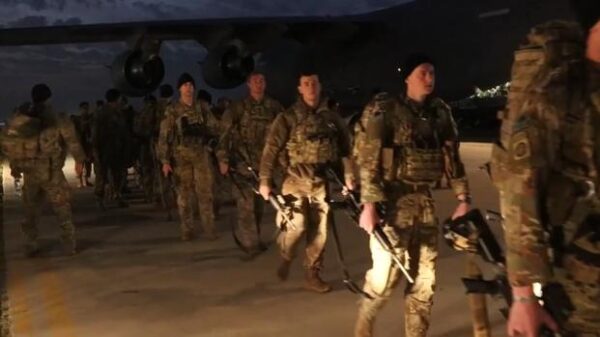
President Regan sent the Marines in, and he made repeated primetime addresses to the nation explaining his rationale. The Marine position at Beirut International Airport was flooded daily with American press and TV crews from National, regional, and even local media. The media environment was so different 40 years ago that reading about it today was jarring.
Something I did not know was that Secretary of Defense Casper Weinberger ignored a Presidential finding that ordered him to retaliate for the Beirut Barracks bombing. Our intelligence agencies had intercepted message traffic that pinpointed precisely who had ordered and carried out the attack. President Reagan then ordered the navy to retaliate, but at the last moment, Weinberger ordered them to stand down, explaining, “I just don’t think it was the right thing to do.”
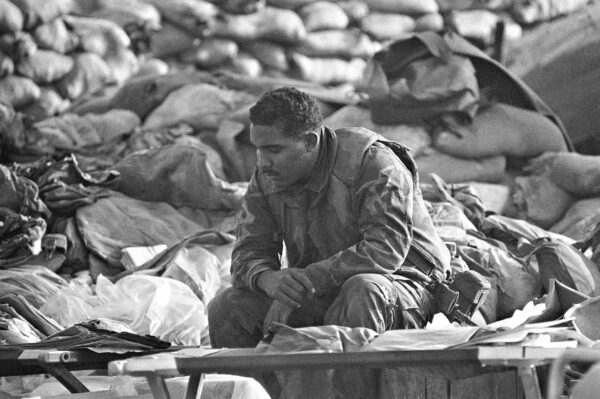
In one of many speeches after the Beirut bombing, President Regan said:
“Let no terrorist question our will, no tyrant doubt our resolve. Americans have courage and determination, and we must not and will not be intimidated by anyone anywhere.”
Cap Weinberger didn’t have the courage or determination to do a damn thing. His unilateral action undermined the President, and the ensuing 40 years of terrorist attacks have revealed him to be a petty, naïve, Ivy League fool. We have a surplus of over-credentialed nitwits in our country who have sacrificed the lives of thousands of servicemen by declaring preposterous concepts like “proportional response” or “courageous restraint” viable military strategies.
When we were in Beirut with the 22nd MAU there was no proportional response. The gloves were off and the Marines responded to every provocation, no matter how small, with overwhelming force. My friend Mike Ettore and his platoon were assigned to the University Library where the local Amal Militia commander would taunt them by having dinner every evening across the street from them. After his militia attacked the Marines one too many times Mike got permission to take him out. He called in a sniper team to shoot the fool in the face when he sat down for dinner. Mike if I have that story wrong don’t correct me, its too good to retract.
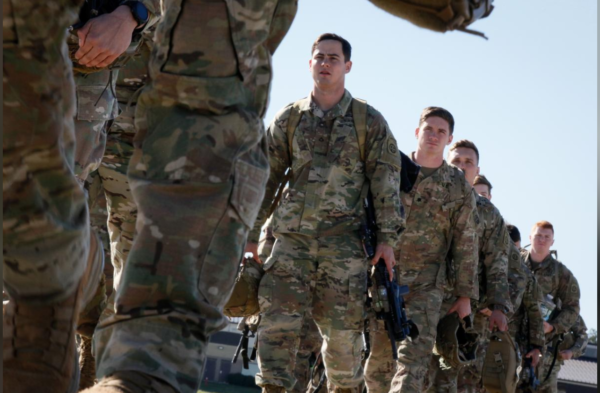
President Regan and the faction supporting the deployment of the Marines were dead wrong. That was made clear by Carr when he explained how we ended up with Lebanese President Amin Gemayel, a feckless alcoholic with a libido problem worse than Bill Clinton’s. Amin replaced his capable brother Bashir Gemayel as President after a car bomb killed Bashir.
New York Times reporter Milton Freedman wrote that Bashir was “something of an expert in gangland murders.” That may have been true; the New York Times was considered a legitimate news organization back then. What was also true was Bashir had the respect and cooperation of the other ethnic minorities in Lebanon. His drunk-ass playboy brother had no support among the Shia, Druze, or Sunni minorities. Treating him like a legitimate partner for peace was a fool’s errand, just as it was with the leaders of Iraq and Afghanistan. Believing that a battalion of Marines could accomplish anything was likewise ridiculous. However, in 1983, that controversy played out in the press, allowing the American people to have an informed opinion.
Compare that to last week’s deployment of the 101st Airborne to the Middle East. Do you see any discussion about placing American troops in harm’s way to accomplish an undefined mission in today’s gaslighting media? No. What does the Pentagon think about this deployment? Who knows? These days, everything the Pentagon does is classified. Do you know where those troops are? What they are doing? Why they are there? Nope, all we know is they were deployed “out of an abundance of caution.” Weasel words that mean nothing describing a deployment that will accomplish nothing, ordered by an unknown member of a failed administration.
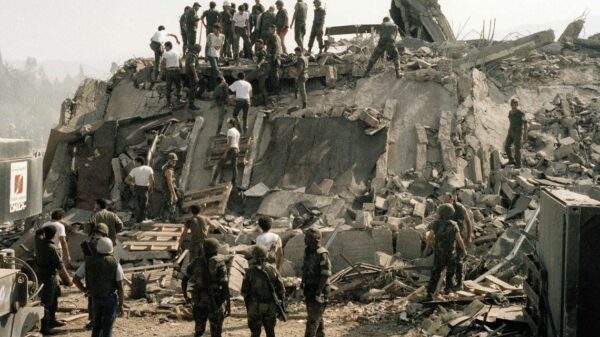
I’ve salted this post with pictures from Beirut and the few images I found of last week’s deployment of troops into the Middle East. Have you noticed the difference between the two? Forty years of “diversity is our strength,” DEI mandates, witch hunts for nonexistent white racists, and race crime hoaxes have resulted in the tip of the spear being lily white. How the hell did that happen? I liked it better when the infantry was multi racial.
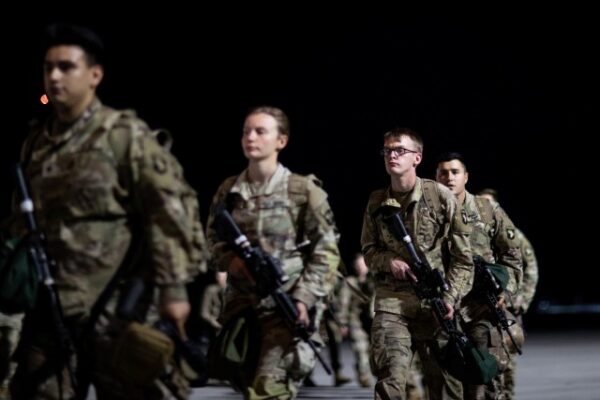
But that isn’t the worst of it. Today, Our military is less capable by orders of magnitude than in 1983. We don’t have a fleet oiler to refuel our Atlantic, Mediterranean, or Red Sea ships. We don’t have the amphibious ship lift to move more than a puny Marine Expeditionary Unit (MEU), the smallest Marine formations once available for crisis response. Today’s Marine Corps MEU lacks enablers like tanks, engineers, medium-lift assault helicopters, Armored Amphibious Tractors, snipers, or organic mortars. Marine infantry battalions are 41% smaller than they were in 1983. And those infantry battalions are saddled with the dead wood of female infantry, inflicted on them by yellow generals who believe that the difference between men and women is a mere social construct.
As you read Jack Carr’s excellent historical account, you will frequently see quotes from parents and generals expressing the hope that the Marines did not “die in vain.” Likewise, you will see a standard trope: “Where do we get such men?” when reflecting on the sacrifice of the Marines in 1983. Yet those men died in vain, as has every service-member lost during the war on terror. We may well have a handful of “such men” serving in today’s hollow force, but not many, and they will be chased out by the DEI mandarins who despise competency because it threatens the bankrupt concept of equity. When you cannot do what is important, the unimportant becomes important. That sums up our broken, hollow, woke military today; it’s a national disgrace somebody’s children will pay dearly for in the near future.
But don’t let my glum assessment of today’s armed forces be the last word. Buy Jack Carr’s new book and enjoy an excellent read about a day gone by. I promise you’ll enjoy every minute spent with this page turner.
